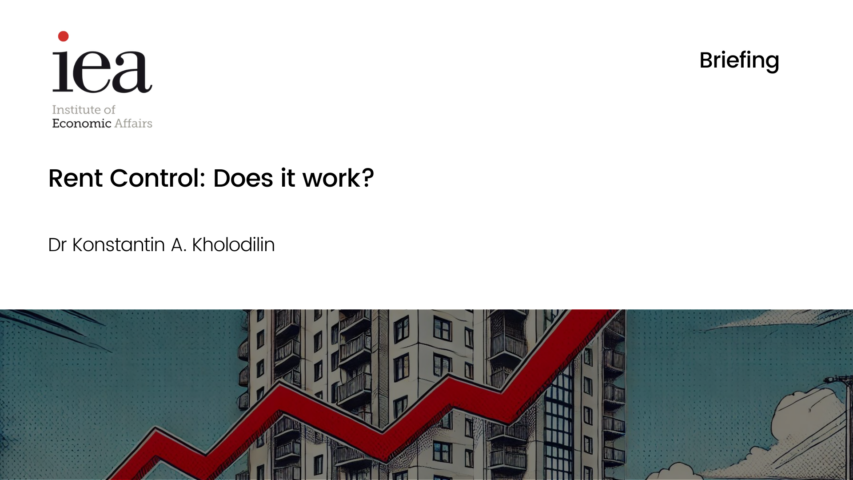Rent Control: Does it work?

Rent Control: Does it work?
Dr Konstantin A. Kholodilin // 16 August 2024
Recent calls from European Parliament groups for a dedicated EU Commissioner on Housing highlight the growing concern over housing challenges across Europe. While housing policy remains primarily a national competence, there are valuable lessons to be learned from various European approaches to addressing housing issues.
One such approach that has gained attention is rent control. Though well-intentioned, with goals of reducing rental burdens and ensuring access to affordable housing, the implementation of rent controls offers important insights:
Based on an analysis of 196 studies evaluating the impact of rent controls across 8 domains, evidence suggests that while rent controls may lead to lower rents in controlled housing and higher homeownership, they often result in:
- Reduced supply of rental housing
- Decreased construction
- Lowered housing quality
- Reduced mobility
- Increased misallocation of housing
- Higher rents in uncontrolled housing sectors
Furthermore, market distortions caused by rent controls can lead to discrimination against marginalised groups and the emergence of black-market activities.
These findings underscore the complexity of housing policy and the need for careful consideration of potential unintended consequences. While the EU does not have direct competence in housing policy, it can play a crucial role in facilitating the exchange of best practices and lessons learned among Member States.
As European policymakers at all levels grapple with housing challenges, it is essential to conduct comprehensive cost-benefit analyses before implementing measures such as rent controls, rather than rushing to impose them based on good intentions alone. The experiences from various European countries can provide valuable insights into both effective and problematic approaches to housing policy.
Download or share this publication
View the PDF
EPICENTER publications and contributions from our member think tanks are designed to promote the discussion of economic issues and the role of markets in solving economic and social problems. As with all EPICENTER publications, the views expressed here are those of the author and not EPICENTER or its member think tanks (which have no corporate view).



